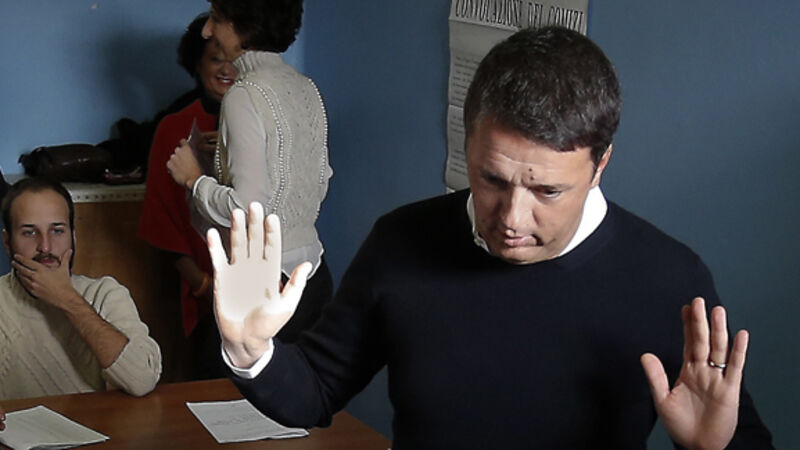European elections: Contrasting verdicts

That Austria’s new president defeated the far-right candidate Norbert Hofer offers immediate reassurance. The fact that his margin of victory was far greater in Sunday’s re-run vote than it was last May — 300,000 as against 30,000 — suggests that a country more used to extremism than most remembered its past and voted to prevent even the remote possibility of a recurrence. Of course, economic and social difficulties were huge factors too. Van der Bellen’s victory must not be seen to suggest that the great issues of the day — inequity, unemployment, falling living standards, housing and unequal opportunity — can be again long-fingered by the established democracies of Europe.
The instability that now seems likely in Italy, the country has had more than 60 prime ministers since 1945, will not help build confidence around the euro as Italian banks’ indebtedness represents a huge threat to the eurozone economy. The vote suggests that another EU state is veering towards being almost ungovernable. In that context, Van der Bellen’s victory must be cherished all the more.














